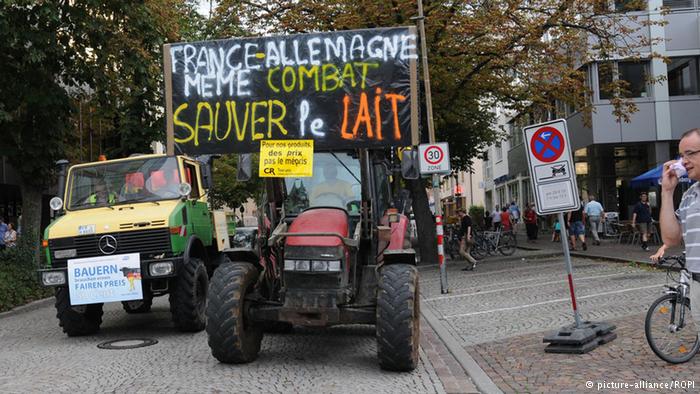In the first of a series of video conversations with leading figures in the debate over the future of the CAP, Jack Thurston talks to Paolo De Castro MEP, chair of the parliament’s Committee on Agriculture and Rural Development and a former two-term Italian agriculture minister and professor of agricultural economics.
De Castro explains that he has always regarded himself as a CAP reformer and sets out his vision for a reshaping of the EU’s farm subsidy system. He advocates a shift to a basic flat rate aid payment to farmers, plus additional funds to be allocated at the discretion of member states.… Read the rest

